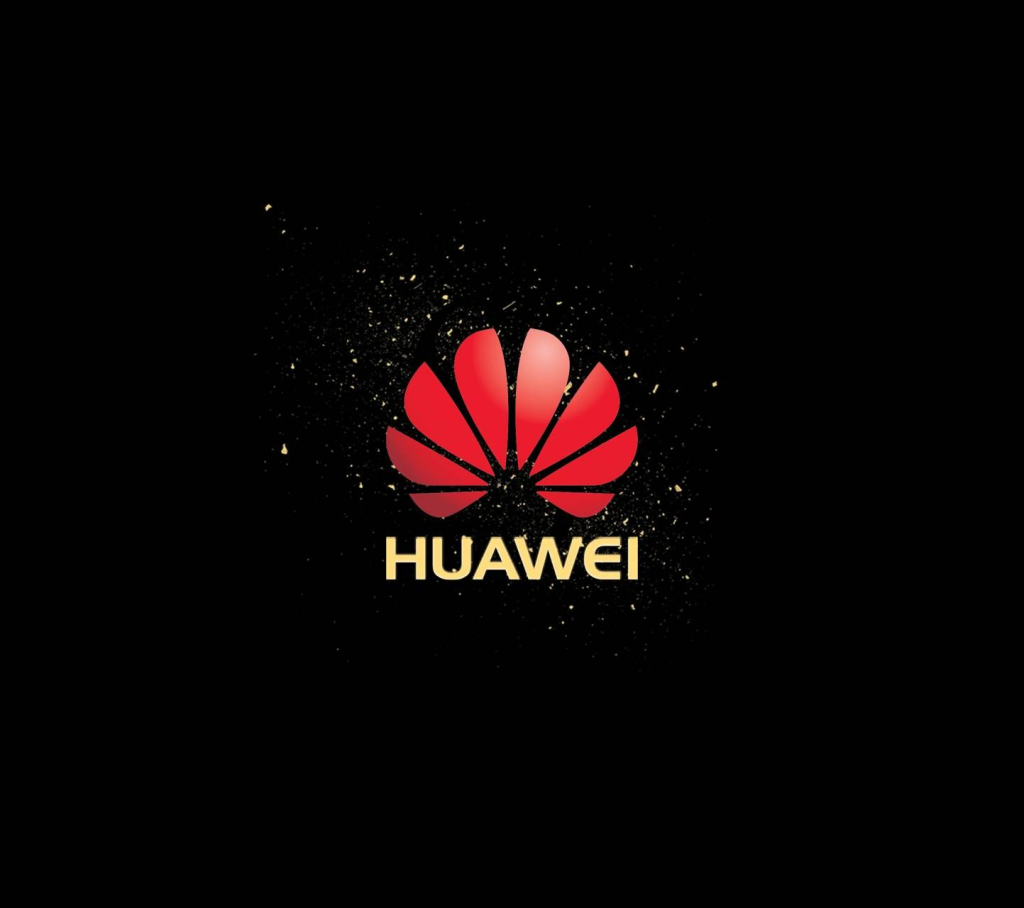Huawei’s consumer line of SSDs, the eKitStore Extreme 200E series, is finally available for purchase at one South Korean etailer, and the 1TB model costs a mere $32 (via @Jukanlosreve on X).
Although Huawei has been making server SSDs for some time, it hadn’t gotten into consumer-grade storage until June this year, when Huawei launched its eKitStore Extreme 200E drives. Ranging from 512GB to 4TB, and featuring speeds of up to 7,400 MB/s in reads and 6,700 MB/s in writes, Huawei’s NVMe SSDs are pretty high-end among PCIe 4.0 drives. Of course, compared to PCIe 5.0 models, the fastest of which can hit around 14,000 MB/s or so, Huawei’s drives still pale in comparison.
The exact components that makeup one of Huawei’s 200E drives are almost a complete mystery; it’s only known that the SSDs use QLC-based NAND chips and lack DRAM. It’s not certain who makes the controller or the NAND chips, at least at the moment. There’s a pretty good chance both components are manufactured in China, though. US sanctions on Huawei would make it challenging to source NAND and controllers externally, and sanctions have generally pushed China’s semiconductor industry toward domestic production.
The controller could be produced by MaxioTech, a popular choice for many value-focused drives, or may even be Huawei’s own design, as the firm has for years made its own controllers for server SSDs. As for the NAND, the most obvious candidate in China would be YMTC, whose chips are used for tons of cheap SSDs.
Huawei could even be selling an SSD that’s essentially identical to many others on the market, something that happens all the time with brands that don’t manufacture either NAND or controllers. Corsair’s MP600 Pro NH, for instance, uses the same components as Sabrent’s Rocket 4 Plus and Seagate’s FireCuda 530, to name just a few.
While Huawei has plenty of competition with respect to capacity and performance, the Chinese semiconductor giant might have everyone else beat on bang for buck. The 1TB model of the eKitStore Extreme 200E costs just 47,500 South Korean Won currently, or just about $32. In the US, that price point would blow pretty much every other SSD away; it’s hard enough to find any SSD for $32, let alone one with performance that comes close to hitting the speed limit on a PCIe 4.0 NVMe connection.
However, it’s not clear whether Huawei intends to keep selling its 1TB drive at this price in the long term, or if this is due to promotional pricing or a temporary discount. Even with 100% domestically sourced components, we would estimate that $32 is a hard price to hit while also making a profit. There also doesn’t seem to be a pressing need to beat the competition so thoroughly.



